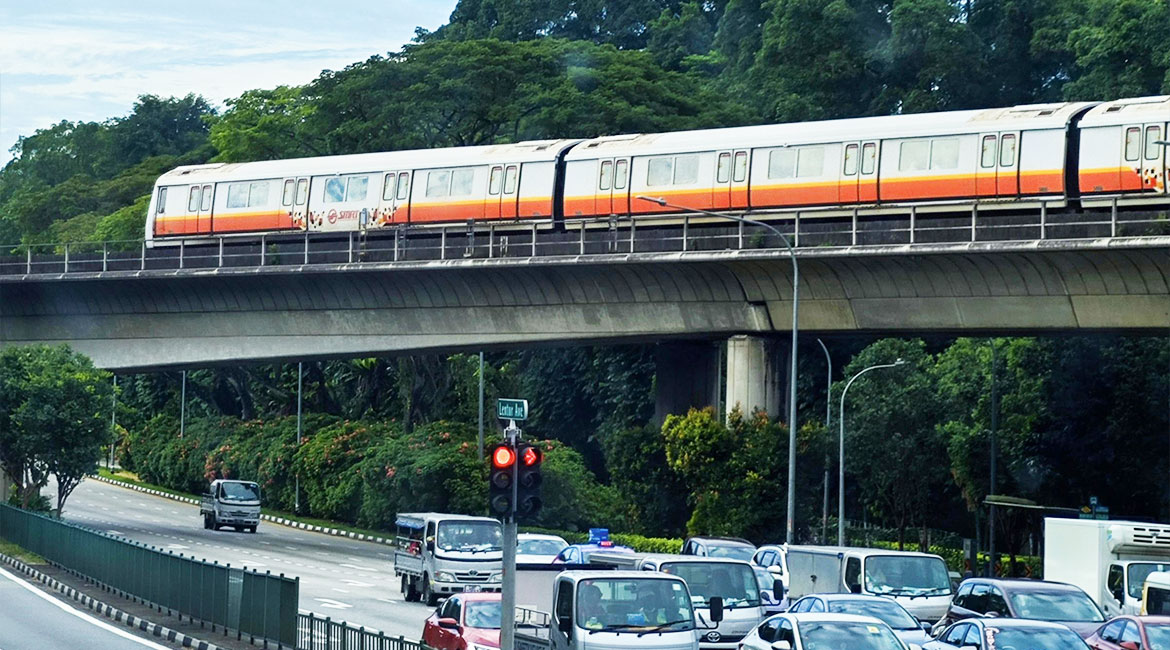Cities and regional governments are becoming key players in driving sustainable development. At the 2025 Local and Regional Governments Forum (LRGF), held during the United Nations High-Level Political Forum (HLPF), local leaders from around the world came together to share their progress on the Sustainable Development Goals (SDGs) and to ask for a stronger voice in global decision-making.
This was the eighth edition of the forum, and it featured more than 40 mayors, governors, and local officials. They presented real examples of how their communities are turning the global 2030 Agenda into local action. From climate solutions to social inclusion, their stories showed that local leadership is essential for meaningful progress.
In Heidelberg, Germany, investments in public transport have helped reduce carbon emissions and improve mobility. In Jakarta, Indonesia, local authorities have expanded health coverage to reach more people, especially those in vulnerable situations. These examples show that cities are not waiting for national governments to act. They are creating solutions that work for their residents and are making a real difference in people’s lives.
Gender equality was another major topic. Cities like Comrat in Moldova and Jakarta are running programs to support women entrepreneurs and make urban planning more inclusive. However, challenges remain. In Honduras, for example, women are still underrepresented in leadership roles. This shows the need for more support and reforms to ensure equal opportunities for all, regardless of gender.
Young people also had a voice at the forum, which a nice touch in my opinion. A 14-year-old advocate from Chile spoke about the need for better education systems. She called for schools that are inclusive and prepare students for the future. Her message reminded everyone that young people must be part of the conversation and that local governments play a key role in shaping their futures. Including youth in decision-making helps build stronger, more forward-thinking communities.
While the forum celebrated success stories, it also sent a strong message to global leaders. Local authorities asked for formal recognition in global decision-making. They want voting rights and access to international funding. Their message was clear: cities are already delivering results and should be treated as equal partners. Without proper representation, local governments may struggle to access the resources they need to continue their work.

The idea of multilevel governance is gaining support. Organizations like the Global Taskforce of Local and Regional Governments, UN DESA, UN-HABITAT, UNDP, and the Local2030 Coalition are working to include local voices in global frameworks. Upcoming events, such as the Second World Summit for Social Development in Doha, offer a chance to make this happen and to ensure that local leaders are part of shaping global policies.
Data and accountability were also discussed. Many cities are now creating Voluntary Local Reviews (VLRs), similar to the national-level Voluntary National Reviews (VNRs). These reports help track progress, share lessons, and improve transparency. They also allow cities to learn from each other and improve their strategies for achieving the SDGs.
The main takeaway from the forum is that sustainable development starts locally. Cities and regions are not just following the SDGs. They are shaping them through innovation, inclusion, and resilience. As the 2030 deadline approaches, supporting local governments is not just helpful, it is necessary. Their work is essential to achieving global goals and improving lives everywhere.
The journey from city to summit is more than a metaphor. It shows a shift in how we approach global challenges. By giving local leaders a seat at the table, we move closer to a future where development is inclusive, fair, and effective. Local voices matter, and their leadership is key to building a better world for all.



